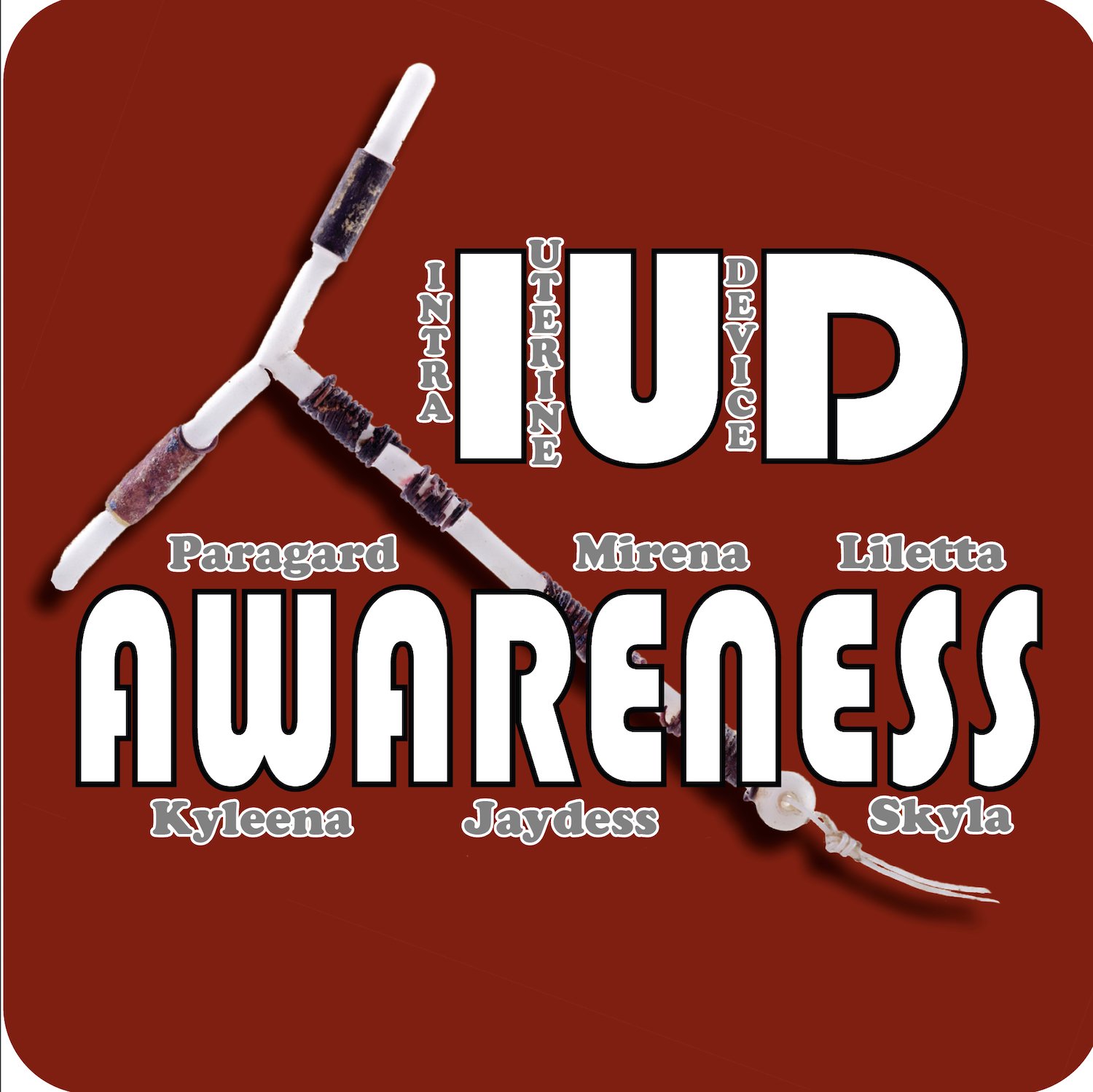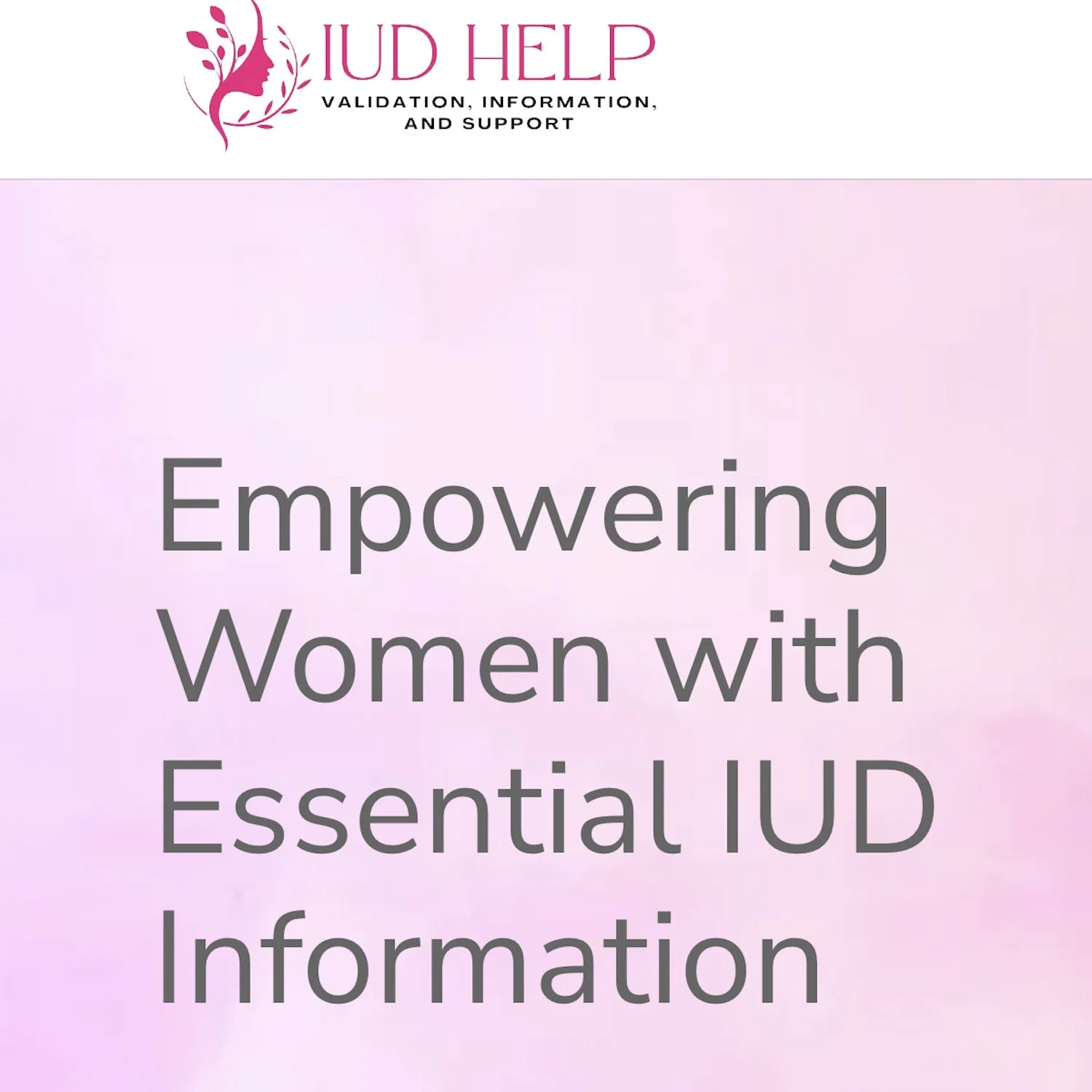Can The Copper IUD Harm Your Health & Fertility?
/ Internet LinkBottom line is this…
“The copper IUD creates an inflammatory response in the uterus, which impairs implantation.
This means that sometimes the copper IUD is effective post-fertilization, and this is why it can be placed after unprotected sex to prevent implantation of a fertilized egg. So basically, it can be used as emergency contraception.
Note: Localized inflammation in the uterus and cervix isn’t a problem for all women, but for others it is – causing severe period pain.
Additionally, the copper is toxic to sperm, which impairs its motility, and copper concentration in the cervical mucus is higher which also leads to an inhibition of sperm motility.
All of this totally makes sense, but I would love for it to be said on the Paragard website so we know what we’re getting rather than having to dig.”
A few side effects to consider…
“Maybe because of the nature of my work I hear ALL the bad stories, but seriously, why do we have to put up with any birth control side effects ever? Are women’s bodies just collateral damage??
#1 Movement or perforation of the uterus – The possibility of the IUD becoming dislodged and either coming out, or perforating the uterus and/or getting stuck and having to be surgically removed is very real.
#2 Increased menstrual pain – Additionally, MANY women experience increased cramps (I’ve heard they can be debilitating cramps), and extremely heavy bleeding. It tapers off for some women after about 3-6 months, but not everyone. This is the number one reason women have it removed. If you already have painful and/or heavy periods, this might not be the best form of birth control for you.
#3 Excessive bleeding – Plus, spotting for up to ten days leading up to a period, menstrual blood clots and very long periods are very common too. Ultimately you have to decide what is best for you but I strongly recommend weighing the pros and cons carefully.
#4 Bacterial disruption – all IUD’s are placed in the uterus and their strings hang down through the cervix into the vaginal canal. The composition of the microbiota in the uterus versus the vagina are different, and the string creates a “line of communication” between these two areas which would otherwise not happen.
This can change the microbial balance in the vagina, and increase the likelihood of vaginal infections.”
“Are you on the copper IUD and experiencing any of these symptoms? If so it might make sense to have your copper levels tested. Well, really you should have a complete mineral test done, and if your copper/zinc ratio is off, talk to your doctor about another birth control option.
What I’ve heard from women who have used an IUD
“I want to reiterate that everyone should choose whatever birth control feels best for them. While I don’t have an issue with the copper IUD necessarily, and think it definitely works for plenty of women, I can’t ignore what people have said to me. And you can’t afford to either.”





























































September 19, 2022
Nicole Jardim